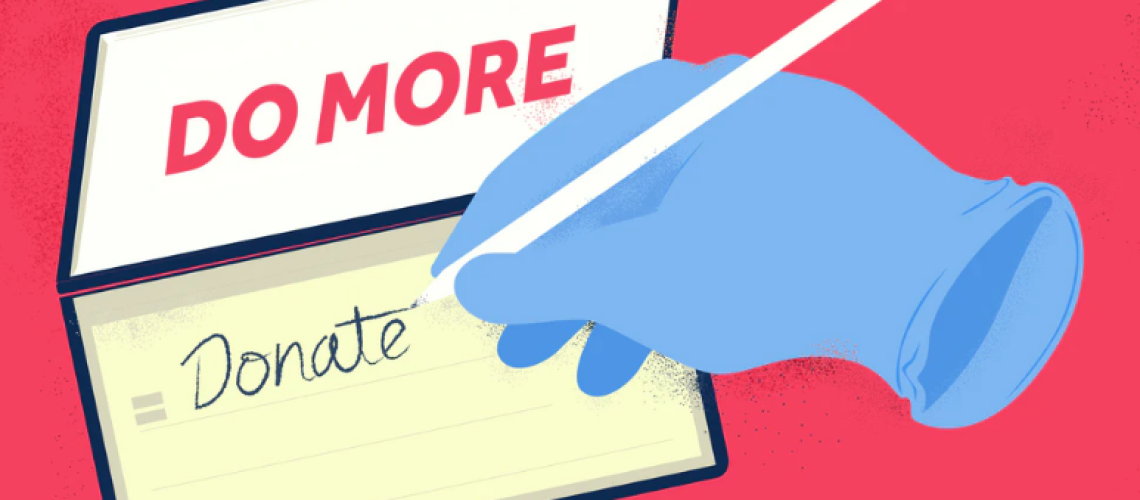We’ve been happily astonished at the staggering amounts of money raised during this pandemic though some epic fundraisers. Captain Tom Moore with his herculean efforts, PT Joe Wicks whipping the butts of parents across the nation, the Run 5, Give 5, Nominate 5 challenge that swept social media.
Everywhere you look, people are using their initiative and finding ways to raise money which is amazing to witness.
Unsurprisingly, the fundraising focus has a strong spotlight on the NHS; We’re in the midst of a global pandemic and are all in awe of the doctors and nurses on the frontline. Along with clapping on a Thursday night, donating money to NHS funds is an easy way of showing our gratitude and feeling like we are helping.
The flip side of this, unfortunately, is that small charities are being forgotten and are struggling. They need donations too.
What about other charities?
There are a lot of people out there needing help, and not only the sick. Some people have suddenly found themselves without an income, and are thus relying on local food banks in order to eat. Some families can’t afford to buy new clothes for their babies and are relying on local charities to give them bags of second-hand clothes. Incidents of domestic violence have risen, causing a surge in demand for charities helping the victims. People finding the restrictions of isolation hard on their mental health are turning to specialist charities to help. Those suffering with a chronic illness are overwhelming dedicated charity call centres asking for advice and information on Coronavirus for them and their families.
Who are these people going to turn to if these charities don’t survive the pandemic?
Many of these vital charities are seeing a drastic decrease in funds at the same time as a surge in demand for their services. The government’s furlough scheme can’t help with paying salaries when many charities need more staff to cope with demand, not less.
The government promised from the start that the NHS would be given whatever it needed during this crisis. But the same doesn’t seem so for charities.
So many large-scale fundraising events have had to be postponed or cancelled due to the coronavirus crisis, for example The London Marathon. Many charities rely on this one-day event to bring in essential funds to enable them to carry on their work. The general public were brilliant in their response and participated in the 2.6 challenge to raise money for various different charities close to their hearts.
But unfortunately, that isn’t going to be enough to keep the 192,000 charities in Britain afloat.
What do charities need to do?
Sadly, over the past couple of decades, charities have been encouraged to broaden their sources of income to be less reliant on grant funding – And during the pandemic the charities that followed this have found themselves in a worse position than those who do still rely on grant funding.
We previously blogged on the estimate that charities would lose £4.3 million in revenue between March and June. The government has since allocated a fraction of that amount, £750 million, but there are strings attached.
There is so much good out there, and many kind-hearted people that want to help. We applaud our NHS and the lengths they are going to to look after the sick and the vulnerable in such brutal circumstances. Let’s also hope that donors don’t ignore the pleas of smaller charities, and re-focus some of their efforts on fundraising for other charities like the ones above that need our help too.


